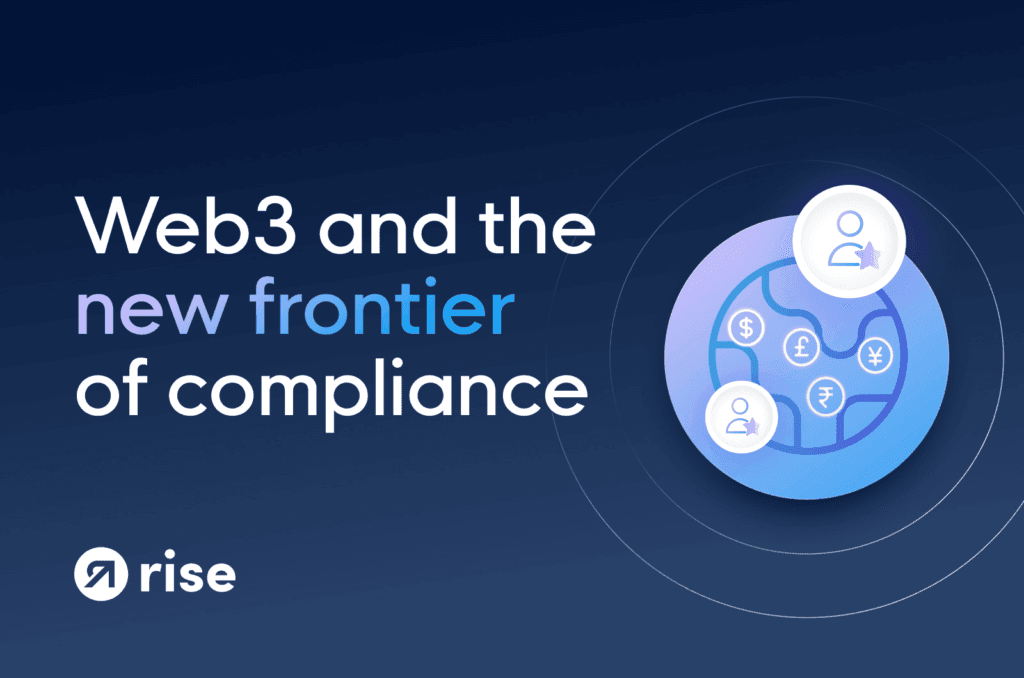

The rise of Web3 has revolutionized how we interact with the digital world, bringing decentralized platforms, the metaverse, and DeFi into the mainstream. But as these ecosystems grow, so does the need for compliance. Leading platforms like The Sandbox and Astra Protocol are stepping up, setting benchmarks in Web3 compliance. The question is, will others follow suit, or are we looking at isolated innovation?
Let’s get into how these giants are reshaping the Web3 compliance space and why it matters.
The Compliance Conundrum in Web3
Web3 platforms thrive on decentralization, offering transparency, security, and autonomy. However, this lack of central oversight creates challenges in meeting regulatory requirements, such as Anti-Money Laundering (AML) rules, Know Your Customer (KYC) processes, and fraud prevention.
As governments worldwide ramp up scrutiny, non-compliant platforms risk legal repercussions, financial penalties, and loss of user trust. This has paved the way for solutions that marry decentralization with robust compliance measures.
How The Sandbox and Astra Protocol Are Leading the Charge
The Sandbox: Pioneering the Metaverse’s Compliance Framework
The Sandbox is one of the most recognized names in the metaverse. Known for enabling users to create, own, and monetize virtual assets, the platform is taking significant steps to ensure its ecosystem aligns with global compliance standards.
- User Identity Verification: By integrating decentralized identity (DID) solutions, The Sandbox ensures that all participants are verified while protecting user privacy.
- Content Moderation: The platform enforces strict guidelines to prevent illicit activities like money laundering or illegal trade.
- Partnerships: Collaborations with compliance-focused projects help bolster its regulatory stance.
These measures are positioning The Sandbox not only as a leader in creativity but also as a model for governance in the metaverse.
Astra Protocol: DeFi Meets Decentralized Compliance
Astra Protocol is bringing compliance to decentralized finance (DeFi), an area notorious for regulatory challenges. Its unique approach focuses on embedding legal layers into smart contracts.
- On-Chain KYC: Astra enables real-time user verification while maintaining the decentralized nature of blockchain platforms.
- Dispute Resolution: The protocol integrates legal dispute mechanisms directly into transactions, reducing risks for both platforms and users.
- Scalability: Astra’s solutions are designed to adapt to diverse Web3 ecosystems, making it a go-to for many platforms seeking compliance solutions.
By bridging traditional legal frameworks with blockchain technology, Astra Protocol is setting a precedent that other DeFi platforms might soon emulate.
The Ripple Effect: Will Others Follow?
The success of The Sandbox and Astra Protocol in implementing compliance-friendly frameworks could inspire other platforms. Here’s why:
1. Regulatory Pressure is Mounting
Governments are increasingly scrutinizing blockchain and Web3 projects, and non-compliance can result in severe consequences. Leading by example, The Sandbox and Astra Protocol show that compliance can coexist with innovation.
2. Users Demand Transparency
Modern users value platforms that prioritize security and accountability. Compliance ensures trust, which is essential for long-term growth.
3. Competitive Edge
Platforms that embrace compliance early will have a competitive advantage, attracting investors and partnerships in an increasingly regulated space.
Challenges in Scaling Web3 Compliance
While compliance is crucial, it’s not without its challenges:
- Cost: Implementing compliance measures can be resource-intensive, particularly for smaller platforms.
- Complex Regulations: With varying global standards, achieving universal compliance is difficult.
- Balancing Privacy: Maintaining user privacy while meeting regulatory demands remains a challenge.
Despite these hurdles, platforms like The Sandbox and Astra Protocol demonstrate that innovation and compliance can go hand in hand.
What’s Next for Web3 Compliance?
The steps taken by industry leaders indicate that compliance will become the norm rather than the exception. Future trends might include:
- AI-Powered Compliance Tools: Automated solutions to streamline regulatory processes.
- Cross-Platform Collaboration: Shared compliance frameworks for interoperability across Web3 projects.
- Global Standards: Unified regulations to reduce complexities across jurisdictions.
Conclusion: Compliance is the Future
Web3 is entering a new era where compliance is no longer a roadblock but a gateway to legitimacy and growth. Platforms like The Sandbox and Astra Protocol are setting the stage, proving that decentralized ecosystems can align with global regulations without sacrificing innovation.
The herd will likely follow, because in the world of blockchain, staying ahead of the curve means staying compliant.
FAQs
1. Why is compliance important for Web3 platforms?
Compliance ensures that Web3 platforms meet legal standards, protecting users, fostering trust, and avoiding penalties or shutdowns.
2. How does Astra Protocol enhance DeFi compliance?
Astra Protocol integrates compliance measures like on-chain KYC and dispute resolution into smart contracts, ensuring secure and legal transactions.
3. What challenges do platforms face in implementing compliance?
Platforms often struggle with high costs, complex regulations, and balancing user privacy with transparency when implementing compliance frameworks.




